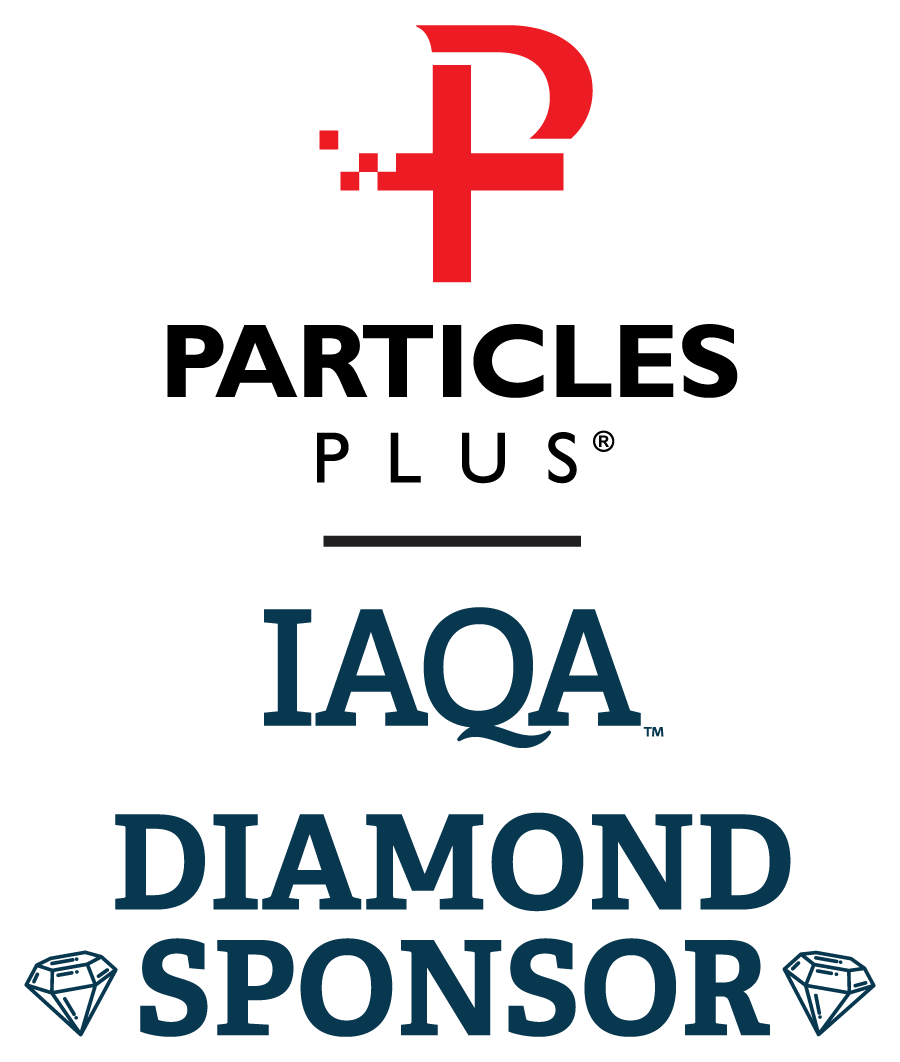Consumer FAQs
Who are Indoor Air Quality (IAQ) Professionals?
You have already had the assistance of an IAQ professional if your house was inspected for radon or if you ever had to bring in professionals to address a mold problem in your home or office. However, there is much more to this professional specialization. The most publicly visible professionals in IAQ are inspectors, consultants and remediators. Dedicated IAQ professionals are not afraid of dirty work! Every day they are identifying and resolving problems. There are also many IAQ professionals behind the scenes. They are researching the effects of various VOC’s that create health concerns throughout the built environment. They are working in universities and school systems—usually within the maintenance department—because providing a safe environment for students and staff includes healthy air. Likewise hospitals, commercial offices, and industrial settings all include indoor air quality professionals in their building maintenance departments. IAQ professionals are also involved in planning new construction and large projects.
Controlling the indoor environment requires the understanding of forward-thinking sciences. Constructing and maintaining occupied buildings to healthy IAQ standards and consensus-accepted practices is a growing area in both education and in the job market.
Climate events are also driving awareness of the potential adverse effects on our buildings, indoor environment, and indoor air quality:
- Wildfires affect both outdoor and indoor air quality
- Floods can create severe building damage and can result in extensive mold situations
- Warming climates may alter the growth of bacteria, fungi and pest populations
Environmental science and environmental health are growing fields with specializations needed to better understand the built environment and indoor air quality.
Thank you to our member, Luce Air Quality, for providing these helpful answers:
Is it possible that I have mold even if I cannot see any?
Mold is prone to grow in areas of moisture. If your property has suffered from water damage, moisture intrusion, HVAC malfunctions, or elevated moisture of any kind, you are more likely to experience mold growth. If you cannot see any visible mold in your space, other indications of mold include a musty or earthy smell, new or exacerbated allergies, heightened humidity, spots on fabric and leather, and more.
Do I need to know what type of mold is present?
“It is not necessary to determine what type of mold you may have growing in your home or other building,” according to the Centers for Disease Control (CDC). “All molds should be treated the same with respect to potential health risks and removal.”
How does indoor air quality affect my allergies?
The relationship between one’s allergies and their indoor environment is usually unique to the individual, though it may be dependent on the season. For example, the majority of Americans experience more sensitive allergies during the autumn, as ragweed and pollen are in full bloom.
And as these outdoor allergy triggers follow you indoors or become trapped in your HVAC or other soft surfaces, they may continue to exacerbate your symptoms until properly handled. Others may be experiencing mold allergies, in which case we recommend you schedule an expert mold investigation.
How does my HVAC impact my indoor air quality?
A properly functioning and utilized HVAC system will enhance your indoor air quality, as adequate ventilation will keep your air ducts clean and regularly changing your air filter will help to catch more airborne pollutants. However, if your HVAC is not sized properly, does not receive regular maintenance, or if you close your property’s vents, your indoor air quality may be negatively affected.
What can I do to optimize my indoor air quality?
There are a variety of ways to optimize your indoor air quality. First and foremost, we recommend maintaining your HVAC system, as this will be your primary resource for ventilation, moisture/humidity control, and capturing airborne particles. However, if you have more concerns about your home’s indoor air quality, we encourage you to schedule a healthy building check-up with an IAQA member.
What are volatile organic compounds (VOCs)?
Volatile organic compounds (VOCs) are hazardous chemicals that become airborne when household items (such as paint, air fresheners, cleaning products, and more) break down over time. They may also be a byproduct of cooking and using combustion appliances. If your property has strange odors or if you believe you may have a high volume of VOCs, we recommend you schedule a VOC investigation.


